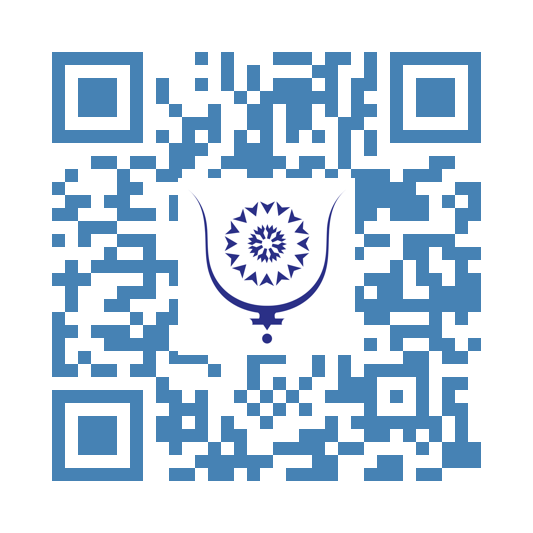MRE : The elephant outside the room 1333
MRE : marocain résident à l'étranger. A simple acronym, rolls off the tongue nicely. Depending on your social class, a different image popped up in your mind. Let's examine different scenarios :
— The ex-NEET turned Italian: Family borrowed a year's worth of wages to send him on raft to Italy or the afterlife. Gets a new phone to everyone when he visits every couple summers. Unfortunately, it's not the 80s anymore and he's got no choice but to sell drugs if he wants to afford a Volkswagen Golf. "You can take an african out of africa, but you can't take africa out of the african". Karma will make him live long enough to see black africans invade his country like he invaded other people's. Single handedly responsible for making real estate unaffordable in towns nobody wants to live in.
— The daughter who studied in france and works in paris that your neighbor brags about: Lost her virginity in a party but her parents will never hear about it. Trades her headscarf for a CDI. Thinks she needs no man as she goes around Europe like a pokemon trainer catching selfies in cities her ancestors did not build. Claims she loves her country but only thinks about going back there if she can double her living standards. A pure product of the system, hates racism, sexism, and any globohomo-ism. Enjoys being fetishized by white bois.
— The lazy friend that won the visa lottery to the US: Thinks he's made it thanks to his skills and hardwork alone. Starts Vlogging as soon as he takes a mortgage. Too busy surviving the American collapse to ruin things back home. Will settle for a what barely qualifies as a woman according to his mother's standards for the papers.
— The red-pilled scholar of self-denial : Moved out of morocco out of sheer hatred for the country, its institutions, its culture, and its people. Tries to prematurely reincarnate by changing his name, accent, and backstory to better fit in his new home. The real life equivalent of the anime villain whose reasons make more sense than the hero, but is still in the wrong.
— The self-exiled man of inaction : Moved out of morocco mentally, not rich/special enough to move physically. Browses r/morocco. Most likely speaks english because his french sucks. Mind broken by the system despite never facing persecution (for a lack of trying to subvert it). Fuels loneliness epidemic but uses dating apps and social media. Imports problems from abroad, never comes up with solutions. Would not change anything is he was part of the 0.1%.
Having a big diaspora around the world is nothing to be proud of. Granted, morocco gets a significant amount of foreign currency from them, but this is basically a "resource curse", and not even a good one. I have yet to see anyone quantify their negative impact on the economy. Not only do they drive housing prices up since they can afford bigger mortgages, but they also sabotage the collective consciousness. The moroccan dream is to get out of morocco. As long as we treat our diaspora as gods among men, we idealize the act of running away. Why try to build things here when you can enjoy a much better life by going somewhere else? Why try to have a career here if local talent is always seen as second rate compared to foreign one? I'll always be astonished by the degree of hatred and scorn that we, as a people, have against ourselves. Sure, leaving this cesspit of a country behind is the rational choice at the individual level. Doesn't mean it's the right one.



